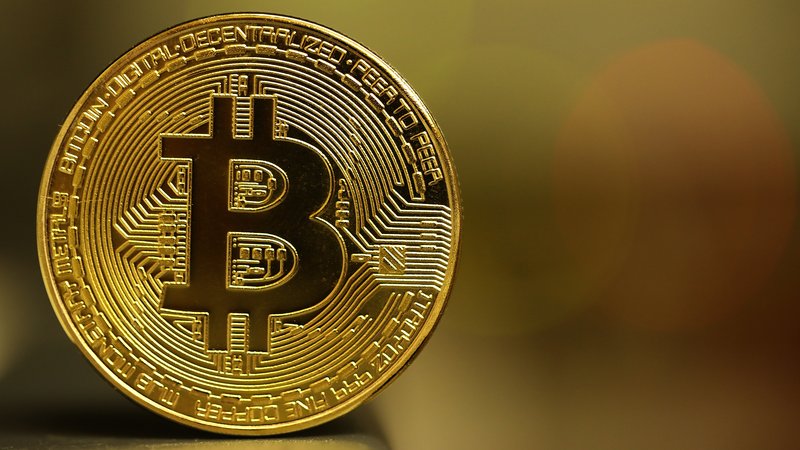RBI’s ban on cryptocurrencies
May 4, 2018 | Expert Insights

Trading volumes of cryptocurrencies have significantly risen in India despite a ban by the Reserve Bank of India.
The ban was initiated a month ago.
Background
Cryptocurrency is a digital asset (in other words a form of digital money) that is designed to stay secure. It uses cryptography to secure its exchanges, making it nearly impossible to counterfeit. Cryptocurrency in particular is classified as a subset of digital currencies. Bitcoin was the first decentralized cryptocurrency.
In the final months of 2017, the value of Bitcoins began to rise exponentially along with other cryptocurrencies. At one point it was trading at $20,000 thus sparking a slew of warnings from experts and analysts. Other cryptocurrencies like Ripple and Dogecoin have also performed incredibly well in the past year.
After reaching record high in January 2018, the value of Bitcoins began to drop dramatically. This was partly due to the fact South Korean government announced that it will be banning cryptocurrency exchanges – South Korea is one of the biggest markets for trading. The government made the announcement after two cryptocurrency exchanges fell victim to a large-scale breach and lost millions. China too has doubled down on its efforts to crack down and completely eradicate Initial Coin Offering (ICO) and cryptocurrency trading in the country.
Analysis
The Reserve Bank of India has repeatedly issued warnings against cryptocurrency trading. The first time it signaled a warning was in 2014 when it cautioned “users, holders and traders of Virtual Currencies (VCs) including Bitcoins regarding the potential economic, financial, operational, legal, customer protection and security related risks associated in dealing with such VCs.” The second warning was issued on February 2017. The third warning came towards the end of 2017.
In April 2018, the RBI then issued a ban on cryptocurrencies. However despite the ban, experts and analysts have noted that there has in fact been a surge in cryptocurrency trading in the country. “There is a positive sentiment in the industry that the government will not ban trading in cryptocurrencies, and even if formal banking channels cannot be used, people can move to crypto-crypto trading platforms,” Shivam Thakral, chief executive of BuyUcoin, a cryptocurrency exchange. “New investors are coming to our exchanges while existing ones are regaining interest after the drop because they’re getting good value and are making money as the prices of cryptocurrencies move higher,” he said.
The value of Bitcoins have also rallied and the cryptocurrency is now worth $9,270 in India. Traders have also been quick to note that the RBI does not explicitly say that it is illegal to buy and sell cryptocurrencies. RBI’s notice also does not specifically state that running a cryptocurrency exchange in India is illegal. Meanwhile, some traders are considering legal action against the RBI ban. Some have filed writ petitions challenging the RBI’s order. They argue that this order violates their rights under Article 19(1)(g) of the Constitution.
Assessment
Our assessment is that the meteoric rise of Bitcoin has stirred concern with India’s central bank. Other nations have also cautioned investors and traders of the risks inherent in the cryptocurrency. If Bitcoin is in a bubble and it ends up bursting, then that would have a dire affect on the world’s financial systems. However, we do believe that cryptocurrency will be accepted as hard money across all sectors soon. It is also possible that large tracts of unaccounted money, especially from countries like India are being routed into Bitcoins.








Comments